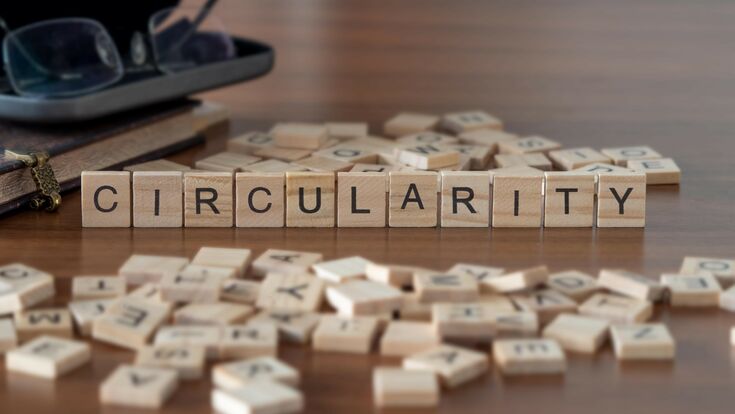Study on the plastic value chain : Circularity needs to be practical, meaningful and inclusive

In a recent paper published in the Journal of Waste Management, four scientists from Brunel University London, Politecnico di Milano, University of Southern Denmark and Wageningen University & Research point out that circularity is not necessarily synonymous with sustainability. Therefore, striving for circularity does not always guarantee a sustainable outcome.
Circularity of packaging materials, components and products is now a major policy and business driver to reduce the negative environmental impacts of packaging life-cycles. Although circularity has become an established concept in the public debate, it remains a broad term that needs to be precisely defined, going beyond the use of metrics and indicators that are not fit for purpose or easy to measure, such as collection rates, recycling rates, recycled content, bio-based content, etc. Circularity as measured by such indicators does not capture system realities or wider impacts, including potentially rebound effects that can negate or even reverse environmental benefits, as the authors point out.
Stay connected - subscribe to our newsletters!
'Common-sense' approach to circularity
The four researchers Ciprian Cimpan, Eleni Iacovidou, Lucia Rigamonti and Eggo U. Thoden van Velzen propose as an example of a meaningful and practical approach a product-centred circularity scorecard that captures aspects likely to demonstrate a product's environmental sustainability. Based on 7 simple questions, it covers the life cycle of a product: production, use and end-of-life. This 'common sense' approach is similar to the waste hierarchy, with a simple order of priority that applies in most cases.
“Current actions aiming at achieving circularity may be overly focused on superficial effects and losing sight of true circular economy goals” the four researchers argue. “Our aim is to trigger a scientific discussion on how to best combine scientific knowledge and research on the flows of materials, components and products through society to achieve the broader objective of sustainability, while keeping up with the timelines imposed by the pace of business and policy decisions. That is why we are making a plea for meaningful circularity goals, to avoid that business or policy decisions involuntarily contribute to cementing policy and infrastructure that do not contribute to true sustainability”, they conclude.
The researchers point out, that at a time when the European Commission is proposing to transform the Packaging and Packaging Waste Directive into a Regulation that would be directly applicable in all EU Member States, it is vital that society does not lose sight of the real objectives of the circular economy. In a situation where Member States have initiated new legislation on packaging waste, and where the business community is committing to ambitious targets to increase the circularity of their products, a meaningful, inclusive and practical circularity that promotes sustainability is crucial, they say.

